|
Innovations in HVAC: What's New in 2024 - Insights from Air Comfort
The HVAC industry is continuously evolving, with new technologies emerging to improve efficiency, comfort, and environmental sustainability. As we move into 2024, Air Comfort is excited to introduce and implement the latest innovations in HVAC systems. Here’s what’s new and noteworthy in the industry:
0 Comments
Troubleshooting Common HVAC Problems - Tips from Air Comfort
Dealing with HVAC issues can be frustrating, especially during the extremes of Minnesota's seasons. At Air Comfort, we want to empower homeowners by sharing simple troubleshooting tips for the most common HVAC problems. Understanding these can save you time and possibly the cost of a service call:
In the diverse climate of Minnesota, maintaining an efficient HVAC system is crucial. One often overlooked factor that plays a critical role in HVAC efficiency is home insulation. At Air Comfort, we stress the importance of proper insulation as a means to enhance the performance of your HVAC system and reduce energy consumption.
Here’s what you need to know:
How to Extend the Life of Your HVAC System - Tips from Air Comfort
Maintaining the efficiency and extending the life of your HVAC system is crucial, especially in Minnesota where extreme weather demands consistent home comfort. Air Comfort provides essential tips to help ensure your system runs smoothly year after year:
Signs Your HVAC System Needs Repair - Expert Advice from Air Comfort
Recognizing the early signs that your HVAC system may need repair can save you time, money, and prevent a small issue from becoming a major problem. Here are crucial indicators to watch for, especially in the diverse climate of Minnesota:
The Importance of Professional HVAC Installation - Insights from Air Comfort
At Air Comfort, we know that the installation of your HVAC system is just as crucial as the quality of the equipment itself. Serving Minnesota, we emphasize the necessity of professional installation to maximize efficiency, safety, and longevity. Here's why expert HVAC installation is vital:
Energy-Efficient Heating Solutions for Winter - Expert Tips from Air Comfort
As temperatures drop in Minnesota, heating your home efficiently becomes a priority—not only for comfort but also for managing energy costs. At Air Comfort, we specialize in providing heating solutions that maximize warmth while minimizing energy usage. Here are some of the best energy-efficient heating solutions for your home this winter:
DIY HVAC Maintenance: What You Can and Can't Do - Guidance from Air Comfort
Maintaining your HVAC system is crucial for its longevity and efficiency, especially in Minnesota's variable climate. While professional maintenance is recommended, there are several things homeowners can safely do themselves to help maintain their system. However, it’s also important to understand the limitations of DIY to avoid damaging your system or putting yourself at risk. Here’s what you can and shouldn't do: What You Can Do:
What You Shouldn't Do:
How to Reduce HVAC Noise in Your Home - Tips from Air Comfort
Excessive noise from your HVAC system can disrupt the peace of your home, especially during the quiet Minnesota winters. At Air Comfort, we understand the importance of maintaining a tranquil environment. Here are some expert tips to help reduce HVAC noise:
Understanding SEER Ratings and What They Mean for You - Expert Advice from Air Comfort
At Air Comfort, we know that selecting the right HVAC system for your home in Minnesota involves understanding various technical aspects, one of which is the SEER rating. SEER, or Seasonal Energy Efficiency Ratio, measures the air conditioning and heat pump cooling efficiency, which is crucial for saving on energy costs and enhancing home comfort. Here's what you need to know about SEER ratings:
|
AuthorVarious. Archives
July 2024
Categories
All
|
CALL NOW: 763-753-6623
Privacy Policy l Cookie Policy l Conditions of Use l Notice and Take Down Policy l Website Accessibility Policy
© 2024 The content on this website is owned by us and our licensors. Do not copy any content (including images) without our consent.
Website managed by Go Savvy Social
Privacy Policy l Cookie Policy l Conditions of Use l Notice and Take Down Policy l Website Accessibility Policy
© 2024 The content on this website is owned by us and our licensors. Do not copy any content (including images) without our consent.
Website managed by Go Savvy Social

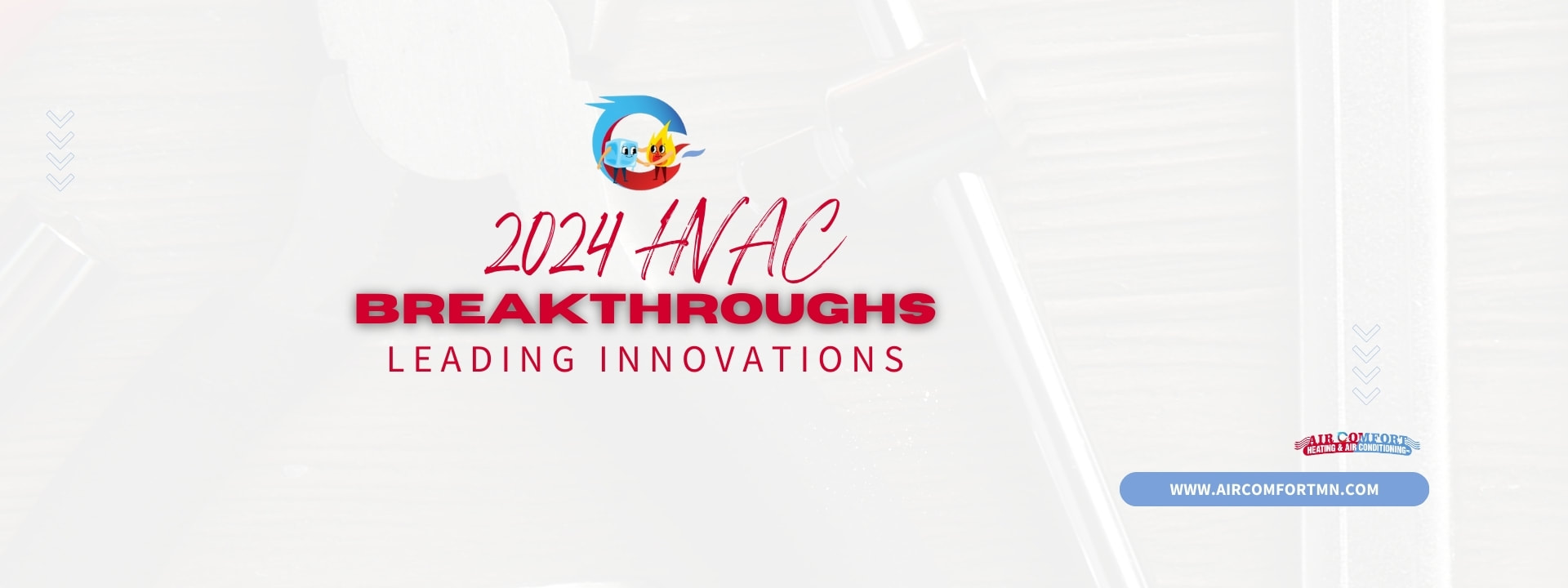
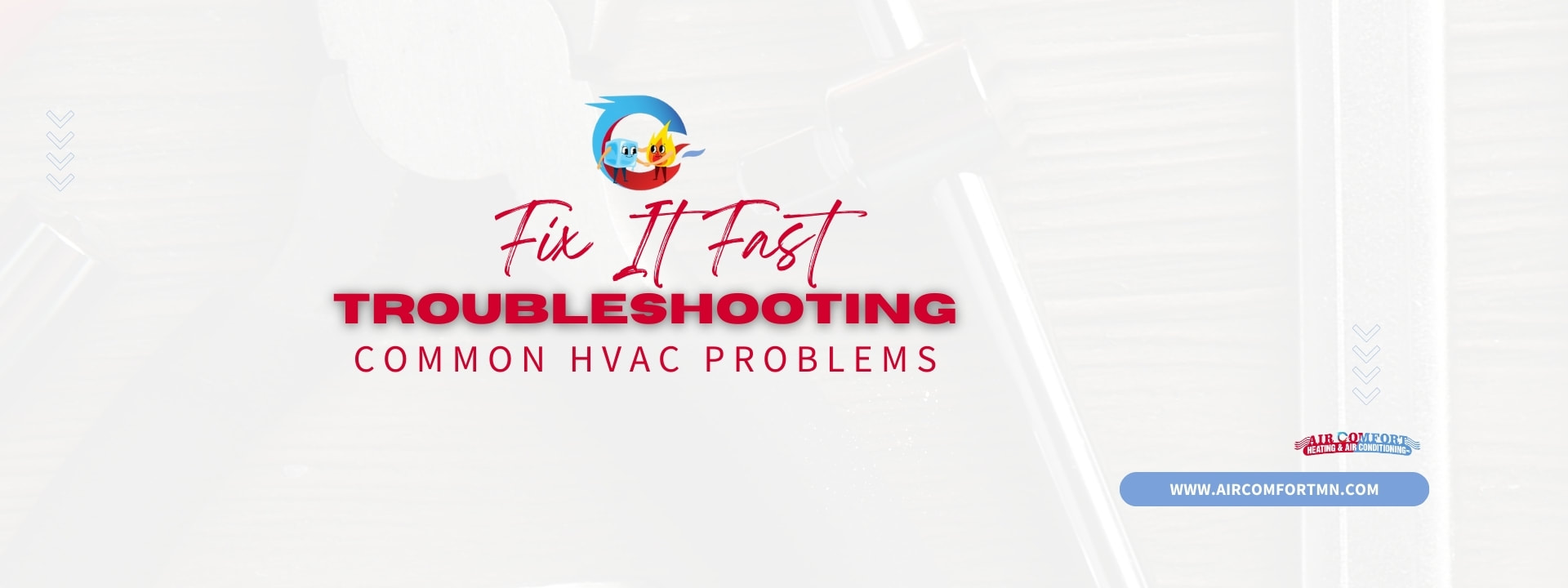

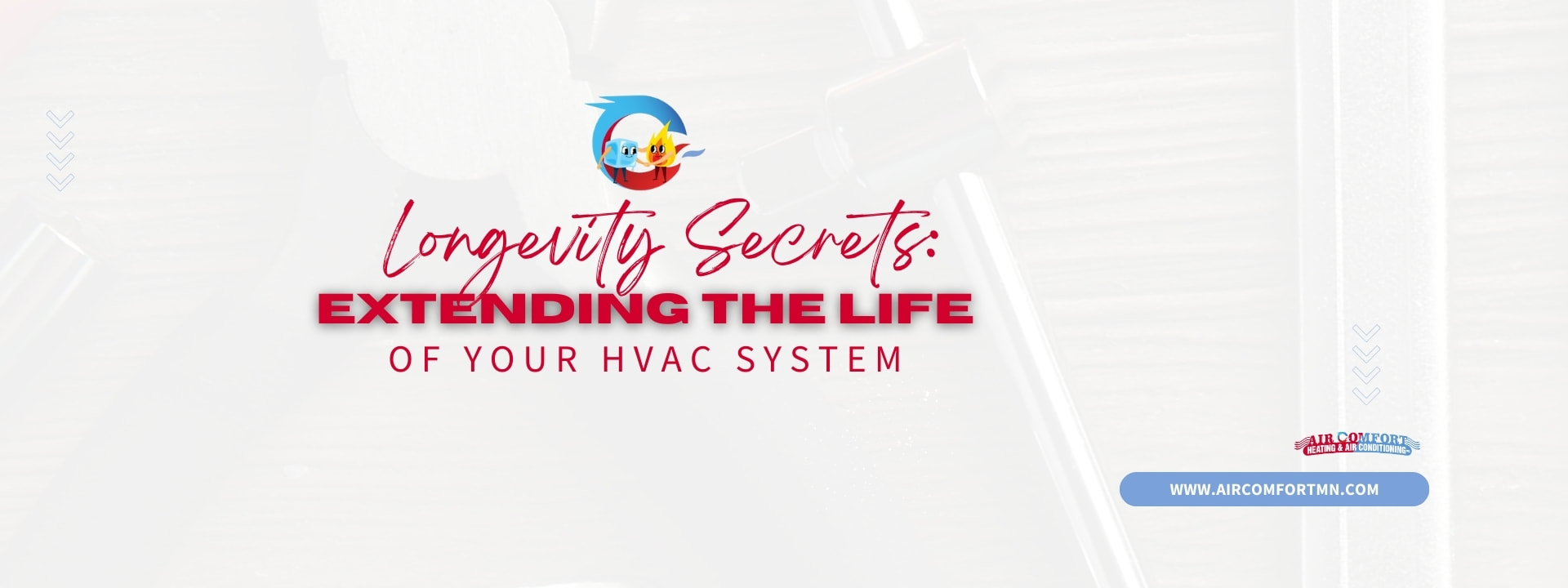
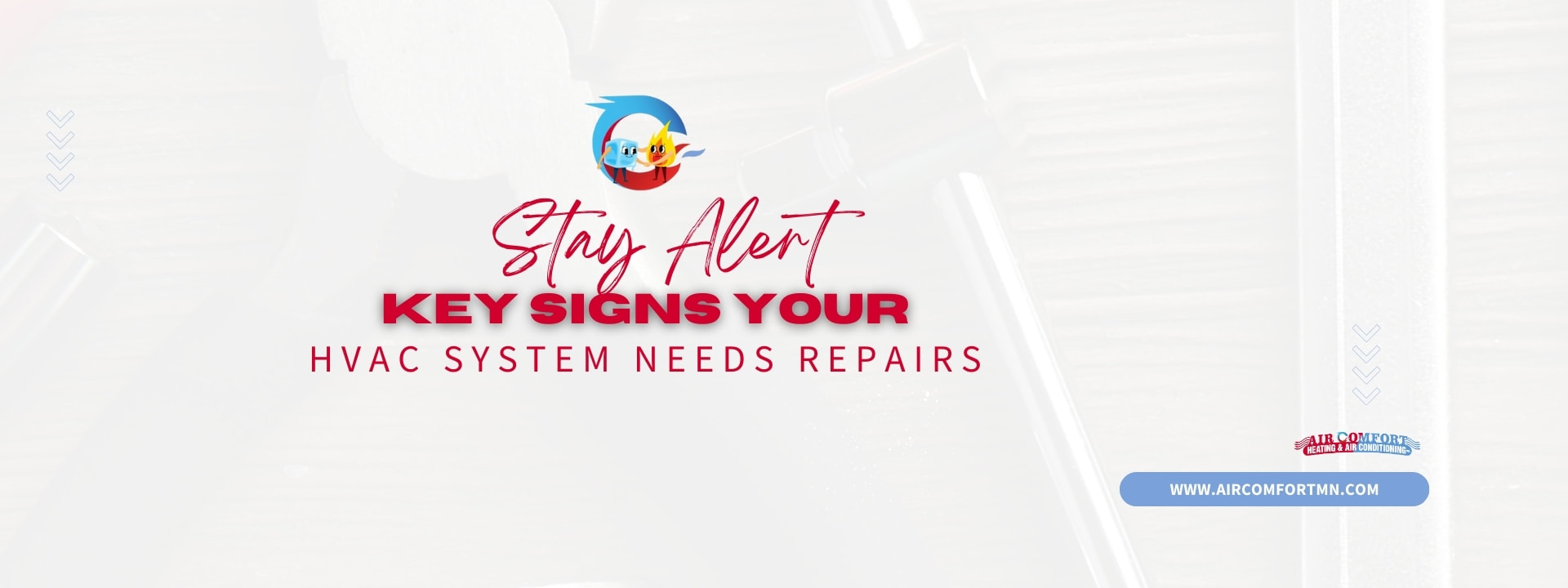
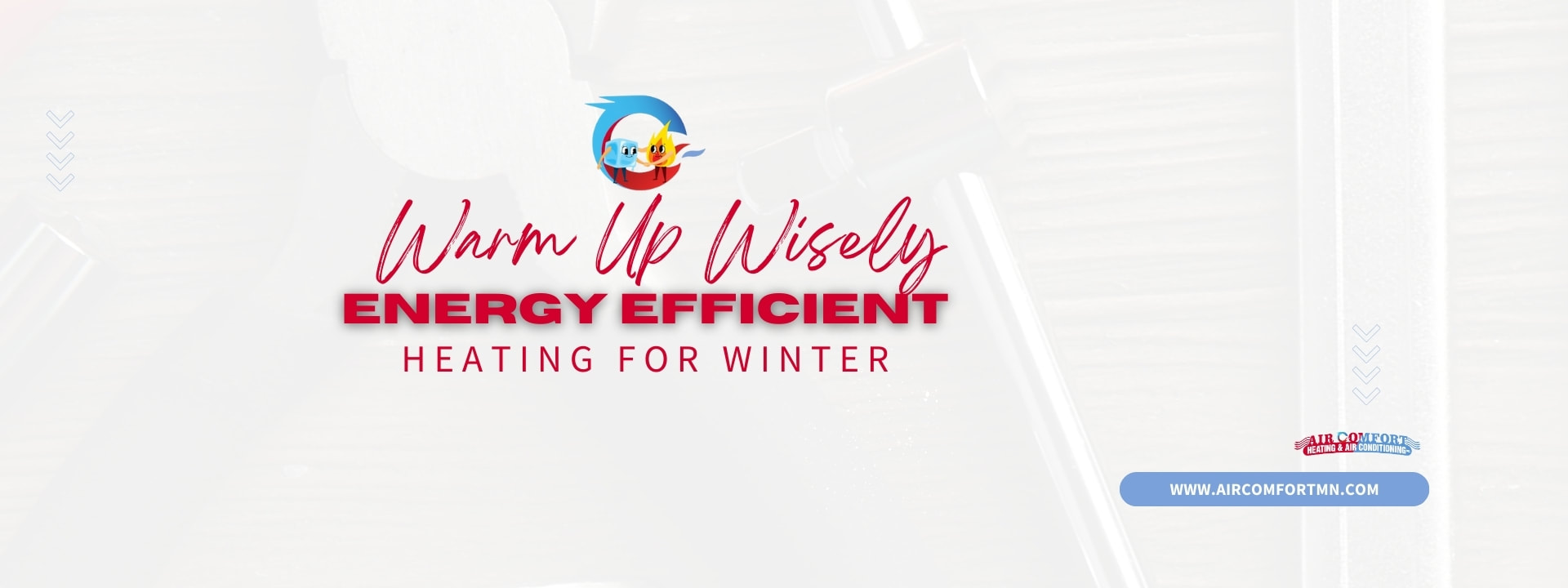
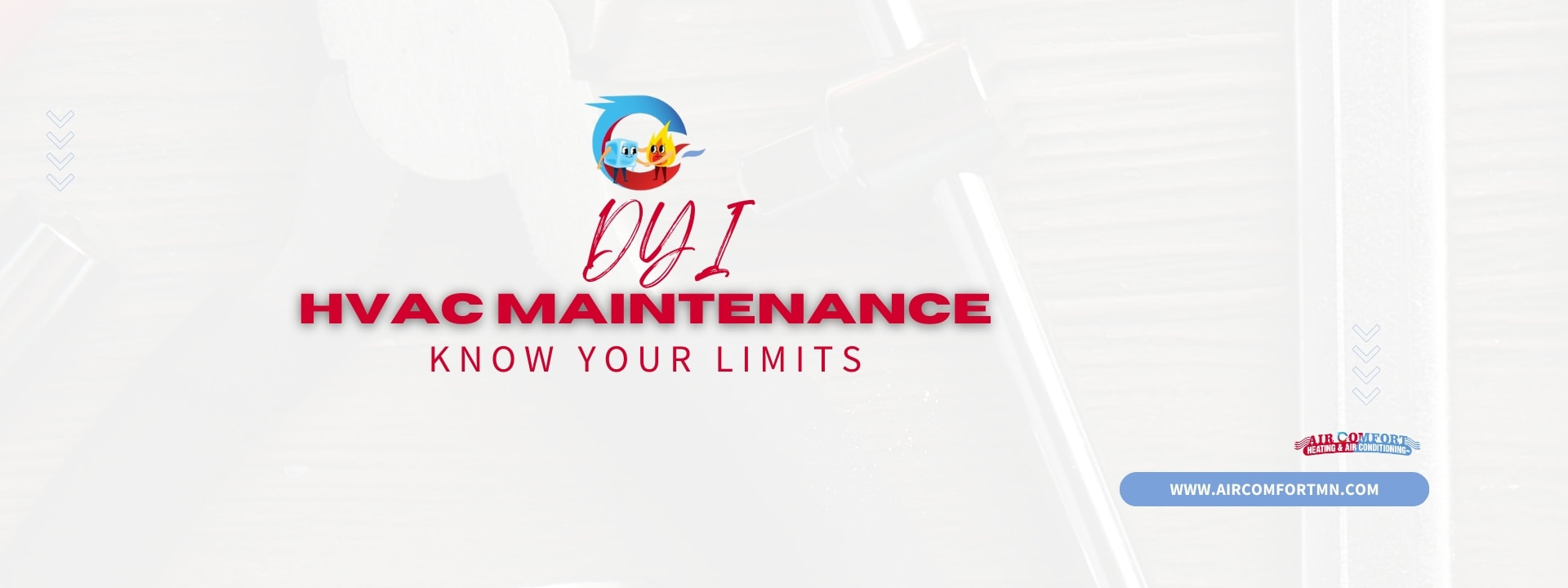
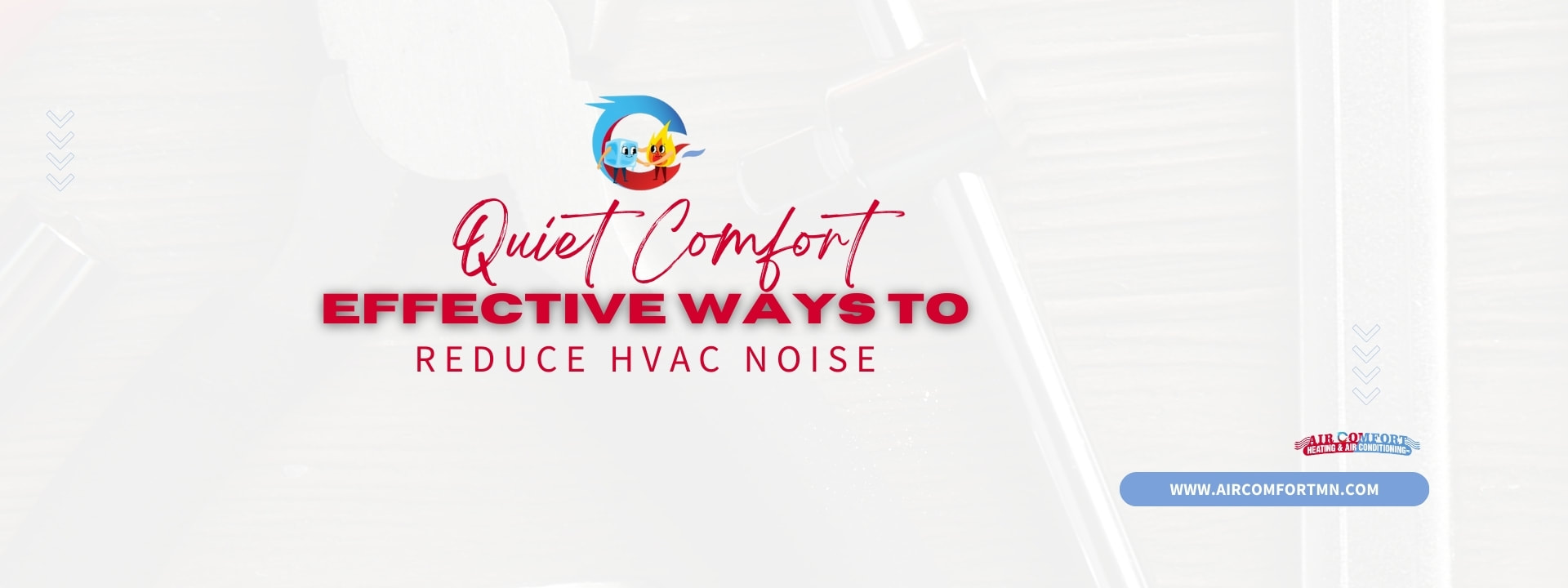

 RSS Feed
RSS Feed